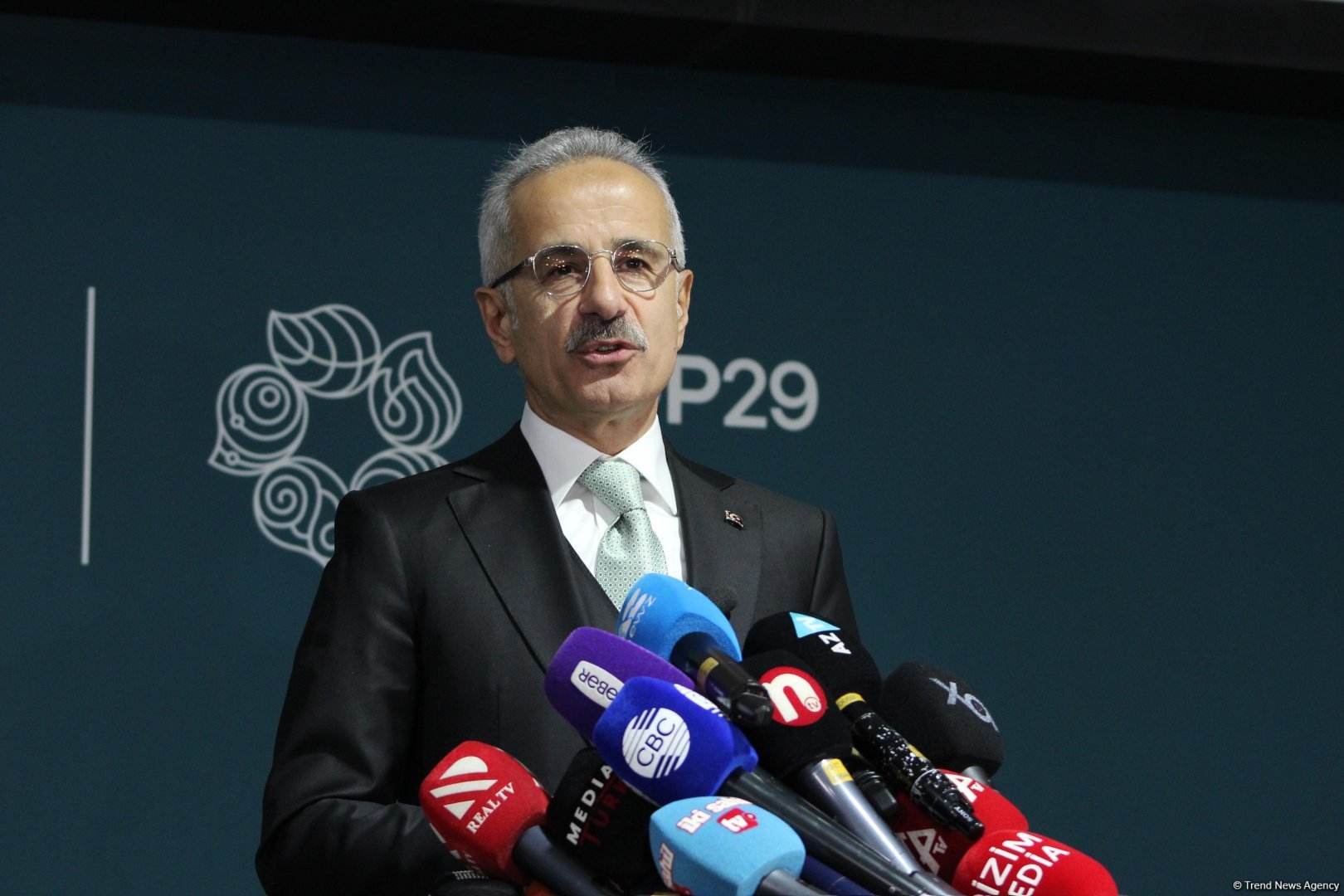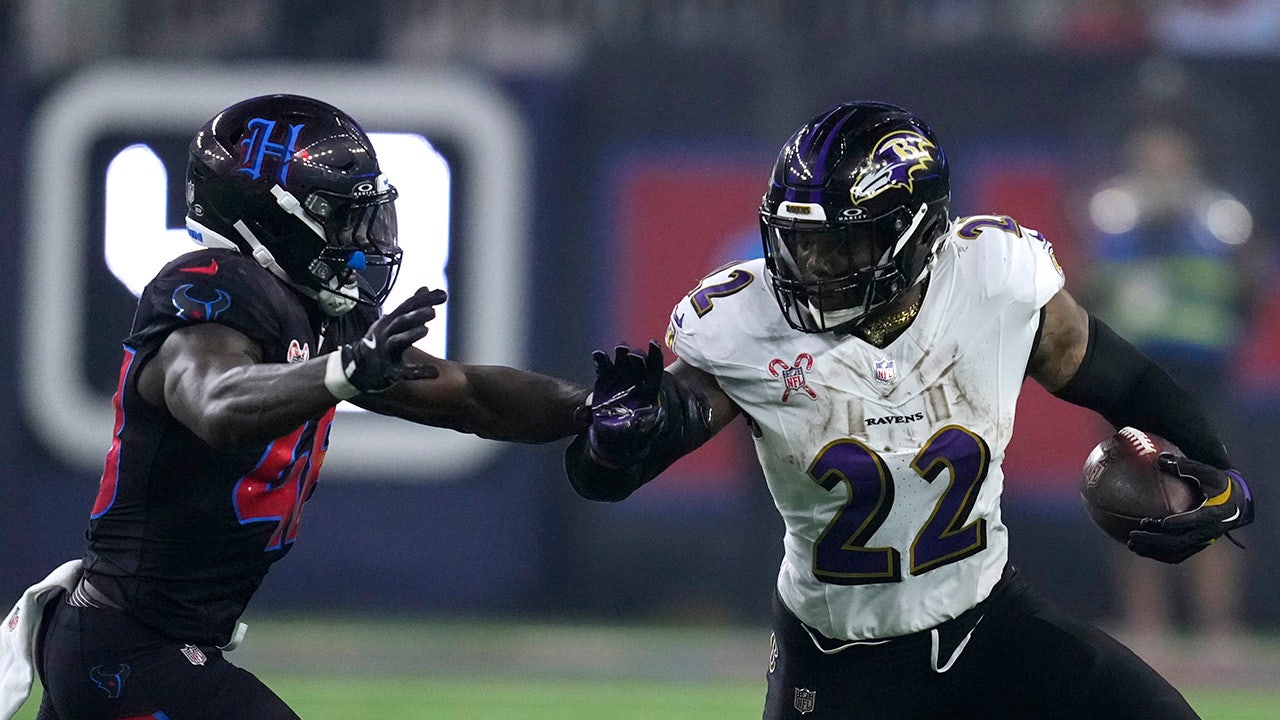Russian president Vladimir Putin would be more likely to wage war against Nato if he won in Ukraine, Nato secretary general Jens Stoltenberg has warned.
“A world where the lesson for Putin is that he gets what he wants by using military force is also a more dangerous world for us,” Stoltenberg said in a speech at a political event in Utøya, Norway, on Thursday (4 August).
“If Russia wins this war, he [Putin] will have confirmation that violence works. Then other neighbouring countries may be next,” Stoltenberg said.
“If president Putin even thinks of doing something similar to a Nato country as he has done to Georgia, Moldova, or Ukraine, then all of Nato will be involved immediately,” Stoltenberg added.
“This is the most dangerous situation in Europe since World War Two,” he said.
The Baltic states, where the Western alliance has stationed the bulk of a 40,000-strong Russia-deterrent force, are seen as the most vulnerable Nato countries.
But Stoltenberg also pointed to potential flashpoints in the High North.
“We also have to take it seriously when leading Russian politicians threaten to break the delimitation line agreement with Norway,” he said, referring to a Russian-Norwegian boundary in the Barents Sea and Arctic Ocean.
He described the situation in Ukraine as a “brutal and bloody war of attrition” with Russian “attacks on civilians and destruction not seen since World War Two”.
But “the Russian advance has stalled again,” he noted. “And the Ukrainians have shown the ability to strike back and take back territory, and are planning a counter-offensive in the south,” he said.
Speaking the same day in Kyiv, Ukrainian president Volodymyr Zelensky said his forces had ceded territory in eastern Ukraine after facing “hell” in a Russian assault.
He also rebuked Amnesty International, a London-based human-rights group, for its report accusing him of placing Ukrainian troops in residential areas, endangering civilians.
Amnesty was “trying to shift the responsibility from the aggressor to the victim” in its “manipulative” findings, he said.
By not also criticising Russia’s modus operandi in its report, Amnesty was “studying the actions of the victim without considering the actions of an armed rapist”, Ukrainian deputy defence minister Hanna Malyar added.
Meanwhile, Nato countries would continue to send arms to Ukraine, Stoltenberg told Reuters in an interview also on Thursday.
“We are providing a lot of support but we need to do even more and be prepared for the long haul,” he said.
“We’re also now in close contact and working closely with the defence industry to produce more and to deliver more of different types of ammunition, weapons, and capabilities,” he added.
He predicted the Ukraine war would “end at the negotiating table” and accused Putin of using “reckless and dangerous” rhetoric over Russian warnings of potential nuclear escalation.
Stoltenberg added in his Utøya speech that Ukraine had a sovereign right to join Nato one day, just as Finland or Sweden did, despite Putin’s demands to end Nato expansion.
“He [Putin] does not respect Ukraine’s desire to become part of our community. Or other countries’ sovereign decisions to apply for Nato membership,” Stoltenberg said.
Some 23 out of 30 Nato members have already ratified Finland and Sweden’s bid to join Nato in light of Russia’s aggression, he noted.
Turkey has threatened to block the process unless the Nordic nations first extradited 70 Kurdish separatists accused by Ankara of terrorism. But Stoltenberg said Finnish and Swedish courts would take that decision on legal rather than political or strategic grounds.
“The rule of law applies in Finland and Sweden,” Stoltenberg told Reuters.





















Discussion about this post